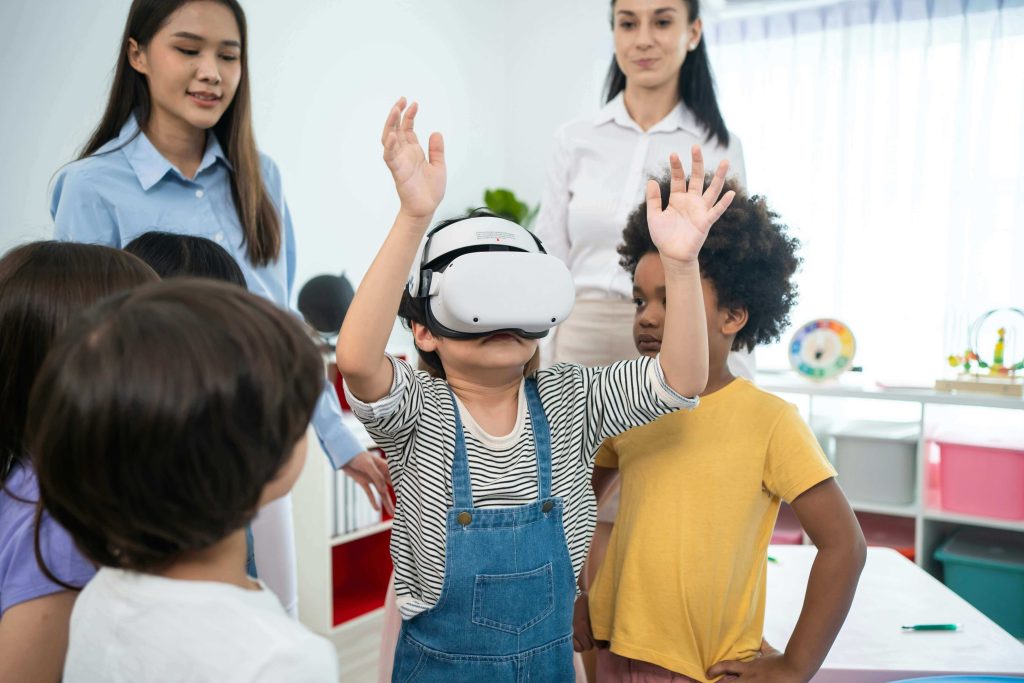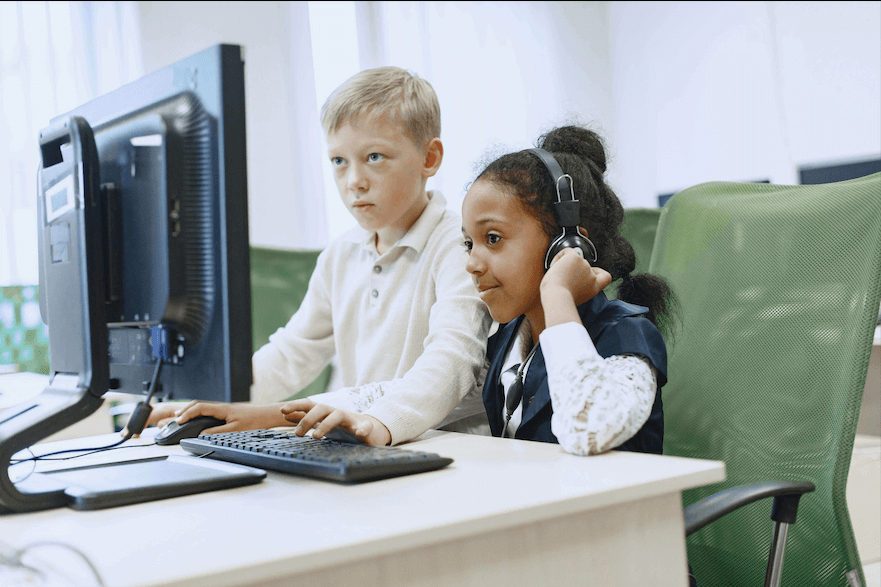Embracing Independent Thinking in the Age of AI

In the whirlwind of the 21st century’s technological advancements, the importance of nurturing independent thinking in our children has never been more critical. As Artificial Intelligence (AI) reshapes the way we learn, work, and think, this article dives deep into how parents can empower their children to embrace and prioritize independent thinking, ensuring they thrive in an AI-dominated future.
The Rise of AI in Education: A Catalyst for Independent Thinking
AI’s integration into education offers more than just an unparalleled ability to store, process, and recall information. It presents a unique opportunity to redefine the purpose of learning itself—shifting the focus from rote memorization to fostering “independent thinking.” In this new educational paradigm, AI takes on the role of a facilitator, providing a backdrop against which children can learn to question, analyze, and form their own conclusions.
Independent Thinking: The Key to Navigating an AI-Driven World

As AI technologies evolve, the landscape of work and learning undergoes a profound transformation. Traditional roles are reimagined, and new industries emerge, making an adaptable, independent mindset essential. The ability to think independently becomes not just an advantage but a necessity for our children, enabling them to learn new skills, adapt to change, and discern between the vast amounts of information AI provides.
Fostering a Love for Learning Through Independent Thinking
Imagine a father and son, lying on the grass under a starlit sky, discussing the universe. This simple yet profound experience exemplifies learning driven by curiosity and independent thinking. The father, leveraging stories and facts, guides his son’s curiosity, encouraging him to ask questions and seek answers independently, thereby instilling a deep-rooted love for learning.
The Critical Role of Independent Thinking in Information Analysis
In a world awash with information, the ability to think critically and independently is more valuable than ever. Take the case of John, unsettled by an article predicting AI’s replacement of human jobs. A conversation with his father, an AI researcher, leads him to question and analyze the article critically. This process of independent thought allows John to understand the nuances of AI’s capabilities and limitations, alleviating his concerns and highlighting the irreplaceable value of human discernment.
Beyond AI: The Human Capacity for Creativity and Independent Thought
While AI excels in pattern recognition and data processing, it lacks the human capacities for creativity, empathy, and nuanced problem-solving. This realization underscores the importance of nurturing independent thinking and creativity in our children, ensuring they develop the skills necessary to innovate and lead in a future shaped by AI.
Discover the Path to Healthy Social Media Habits for Your Child
In an age where the digital landscape is as vast as the universe itself, guiding our children to navigate social media healthily is paramount. Just as we prioritize fostering independent thinking in our children for their academic and personal growth, it’s crucial to equip them with the skills to use social media wisely.
Dr. Lara Honos-Webb, a renowned psychologist, has crafted an enlightening online course titled Screen Fiends. This course is your compass in the complex world of likes, shares, and follows, designed to help your children and teens use social media in a way that enriches their lives rather than detracting from it.
Screen Fiends doesn’t just stop at social media management. It goes beyond, introducing the Six Super Powers—essential skills for focus, productivity, organization, and achieving life goals. These lessons draw from the insights of Dr. Honos-Webb’s book, 6 Super Skills for Executive Functioning.
Embrace this opportunity to empower your children with the tools they need to thrive in the digital age. Visit Screen Fiends to embark on this vital journey towards healthier digital habits and brighter futures.
Let’s not just dream of a future where our children are independent thinkers in the world of technology and information. Let’s make it a reality, starting with the way they engage with social media today.
Conclusion: Independent Thinkers Shaping the Future
By emphasizing independent thinking, we equip our children with the most effective tool for thriving in an AI-driven future: the capacity to learn, question, and adapt. It’s not merely about acquiring knowledge but about fostering a lifelong journey of inquiry and discovery. In this age of automation, our children’s ability to think independently will define their success and shape the world to come.


